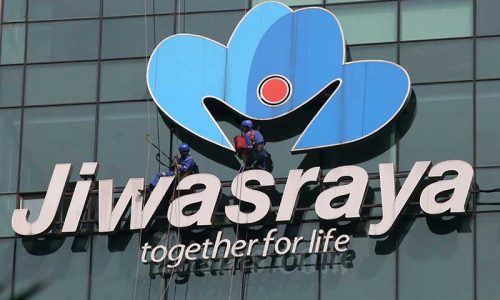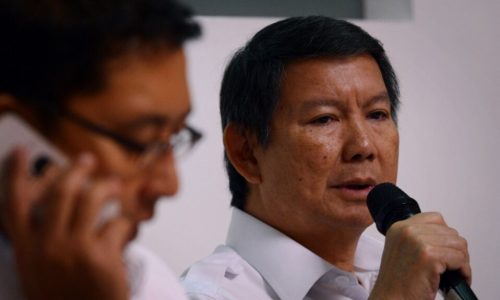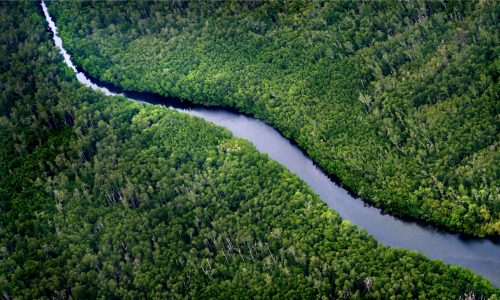President Joko “Jokowi” Widodo had plans to prohibit the export of silica sand or quartz sand. According Jokowi him, similar to other mineral commodities, quartz sand will be utilized in the development of the electric vehicle (EV) ecosystem.
President Jokowi emphasizes that, in the government’s calculations, quartz sand holds 60,000 derivative value additions.
This initiative has been welcomed by the Coordinating Minister for Maritime Affairs and Investment, Luhut Binsar Pandjaitan, who recently returned from China with commitments from one of the largest electric car manufacturers in China, BYD Co. Ltd, to establish a factory in Indonesia.
Devil in the details
President Jokowi’s underlying intention behind the plan to ban quartz sand exports, as stated by Jokowi, appears commendable.
Jokowi aims to add value domestically to Indonesia’s raw commodities. However, drawing from the experience with nickel commodities in Sulawesi, the “devil is in the details.”
As acknowledged by the Head of the Investment Coordinating Board (BKPM) recently, the dominant players in industries that process nickel into value-added commodities are not Indonesian, but rather investors and companies from China.
These companies not only bring capital and technology but also a significant portion of their workforce.
Meanwhile, most of the mining operations are controlled by domestic companies, both small and large in scale.
Striking balance between stakeholders and industry
With this framework in mind, if the nickel export ban is implemented, miners will inevitably lose out on the profit difference obtained from the high international nickel prices.
Miners will be forced to sell their mining output to industries here at domestic prices, which are significantly lower than international prices.
This scenario must be avoided by the government when planning to restrict the export of silica and quartz sand commodities. The balance between silica and quartz sand mining stakeholders and industry participants must be established before being compelled to cease exports.
If the government enforces the ban on quartz sand exports, miners will naturally lose the international market with appealing prices on one hand.
The subsequent risk is that miners will lose the opportunity to accumulate capital to serve as a financial foundation for building their own industry.
Conversely, as the chances for miners to develop their own industry decrease due to the loss of high international price gains, the resulting void will be filled by foreign investors and companies, similar to what happened with nickel commodities in Sulawesi.









